Start Up Stirling provides food banks and, perhaps more importantly, a shoulder to lean on for those in need. Could we learn something from their approach?
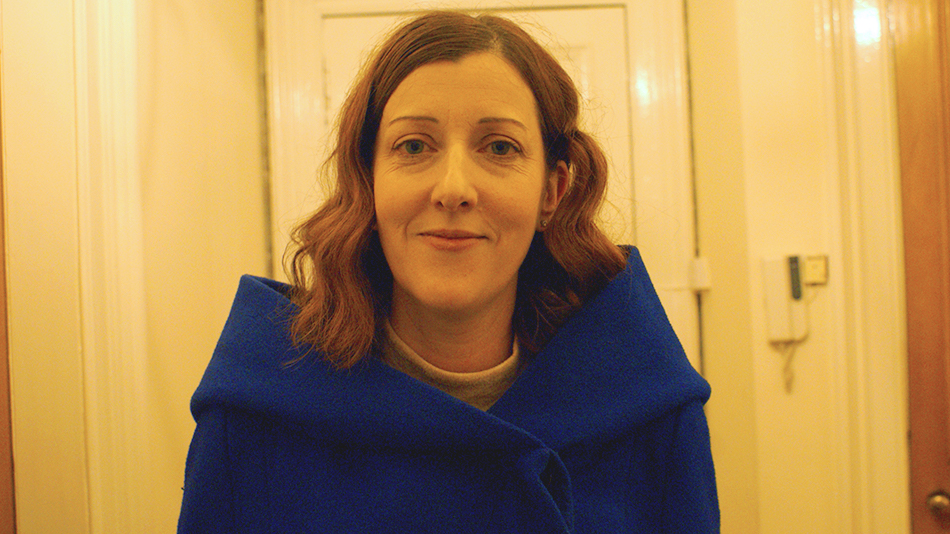
It’s a cold, dark evening in the small Scottish city of Stirling. Clare Moffat, a board member of local charity Start Up Stirling, sits across from me, keeping warm in her bright blue coat.
Start Up Stirling helps people experiencing hardship across Stirlingshire and is responsible for the provision of food banks within the county. However, as Clare explains, the charity does much more than that.
“Looking at people rather than servicing a need is important,” she says of the ethos behind the charity.
“We need to ask why there is such a need for food – are there other things we can help with so people won’t need it?”
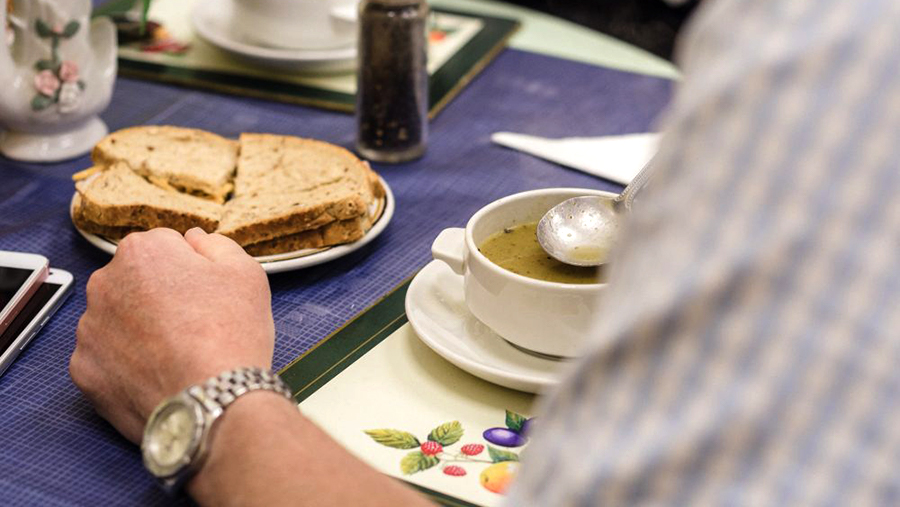
The city of Stirling, overlooked by its famous castle, is a picturesque place popular with tourists on their way to the Highlands. For someone not from the area, it would be easy to miss the daily challenges faced by many of its residents.
But the city, like others all across the UK, has not escaped the economic hardship of the last few years, with 12% of people living in households suffering from income deprivation.
“I’ve been involved with Start Up for two and a half years and there has been an increase year on year,” says Clare. “It’s not a great situation to be in when you think that a few years ago we didn’t need food banks.”
Food bank use increased 13% across the country as a whole between 2017 and 2018, according to research by the Trussell Trust, the majority of which was caused by low wages or complications with benefit payments.
For example, here in Cardiff 41,000 people live in households facing poverty and food bank usage increased by nearly 20% between 2016 and 2017.
Yet, as Clare Moffat points out, the provision of food alone is not enough to tackle the root cause of problems in many cases.
“With some people you’re giving them fresh fruit and vegetables and meat, but they don’t actually know what to do with them or they might only have a hob or microwave,” she explains.
“Just giving people food is not always the answer. You have to help educate them about what’s good to eat and what you can do with your ingredients. Something that the support service has been really involved in is trying to get people to learn how to cook. We have a nutritionist involved, and families get recipe cards to keep.”
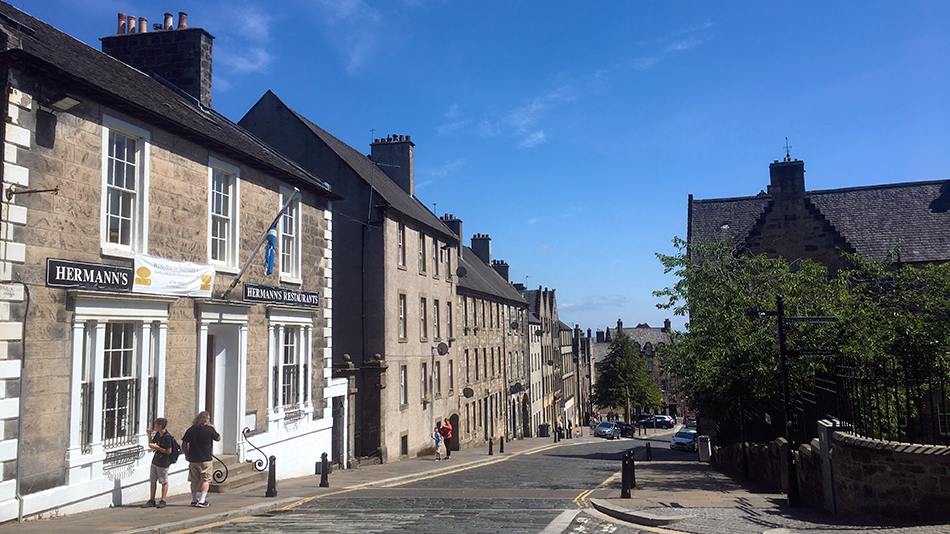
Start Up Stirling is different from most other food bank schemes across the UK, in that food banks are actually just one smaller part of what the charity offer as a whole. This is mostly due to the way in which it has evolved over the years.
“Twenty-five years ago there was found to be a need for ‘start up packs’ for homeless people, as the council was providing them with accommodation which had nothing in it. So, the churches in Stirling came together and decided that they would organise something,” she explains to me.
“Then about six or seven years ago it was realised there was a need for food banks. Because there was already a good organisation in place with Start Up Stirling, they took responsibility.”
These start up packs and food banks are what the charity refers to as its first two “pillars”. The third and final pillar, the “support service”, grew from these.
“In doing the food banks it was realised there were people using them who had other issues,” says Clare.
“For example, there was recently a person had problems with their mental health and whose house was full of rubbish. It got so bad they couldn’t do much else, so what they really needed was people to go in and help clear the house.”
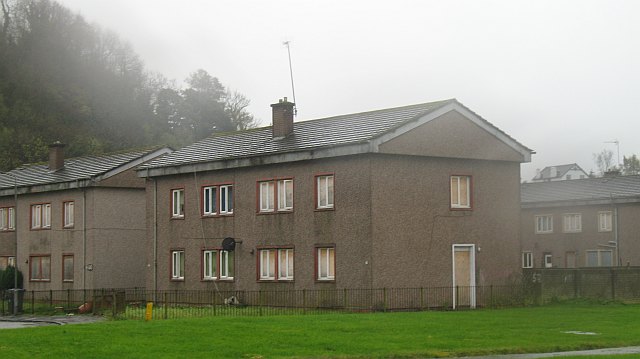
It is for issues such as this that Start Up’s support service came into being, and is what sets it apart from similar charities.
In particular, there is an emphasis on providing more than material assistance alone, as “for many, having someone to talk to is as important as practical help and emergency food.”
Whilst discussing the importance of fulfilling people’s emotional needs, Clare remembers something that happened recently.
“There was a Christmas lunch and one of the guys, who had been suicidal, stood up and said, ‘if it wasn’t for the support service, and for people phoning up and being interested in me, I wouldn’t be here.’”
“That’s the sort of evidence that shows there is a real need for something like the support service. Providing food alone will satisfy the needs required to survive, but it won’t help fix why people need help in the first place.”
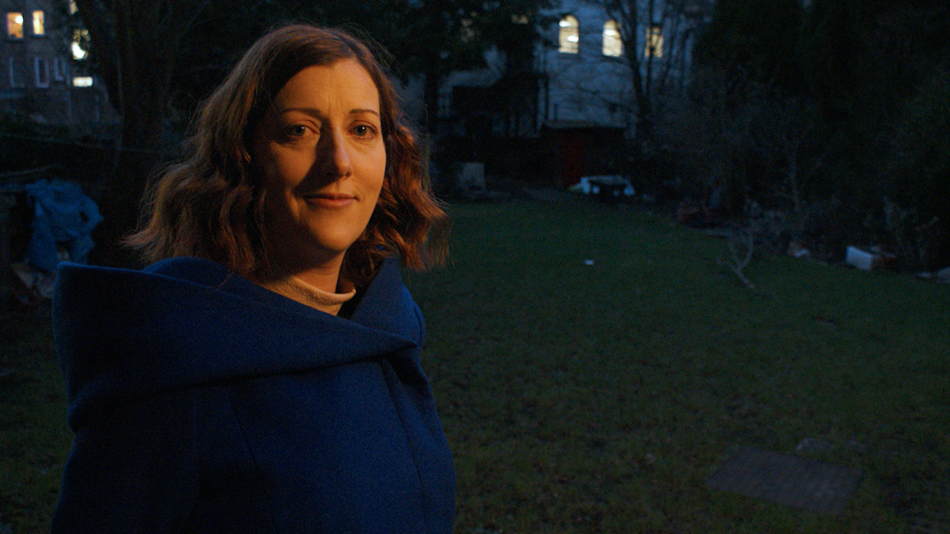
Clare speaks softly and with a real passion for what she does. So, how did she became involved with Start Up Stirling in the first place?
“Ian Morris, who runs the support service, is a friend of mine. He said to me at one point, ‘look, we’re looking for new board members and I really think we could do with someone with a legal background.”
Clare, who is originally from Stirling, studied Law at Glasgow University before returning home and pursuing a legal career.
She adds, “When I was a teenager I had to move to a council estate, and I know what it’s like to be without much money.You look at things from a different point of view when you have experience of living in a deprived area yourself.”
As someone who understands what it is like to fall on hard times, I ask Clare what she thinks is the one thing that makes the biggest difference to those relying on Start Up Stirling’s help.
She ponders the question for a second, before replying, “That we look holistically at people rather than just servicing their need for food.”
“But ideally, we wouldn’t need to exist. That would be our ultimate aim.”
You can read about Start Up Stirling and see what they’re up to here.
